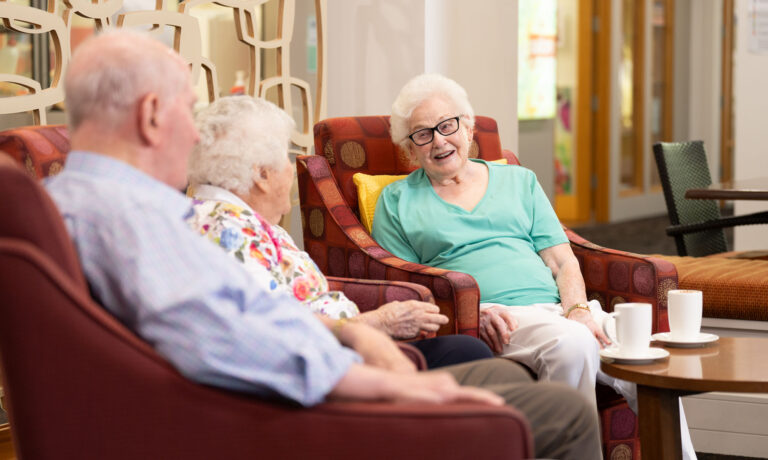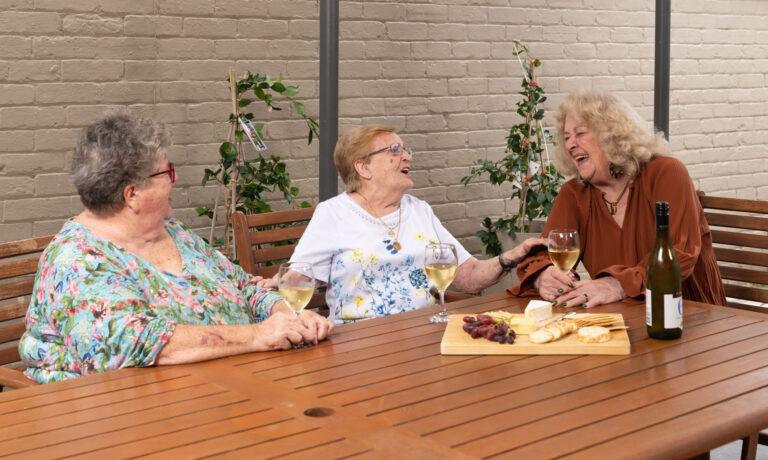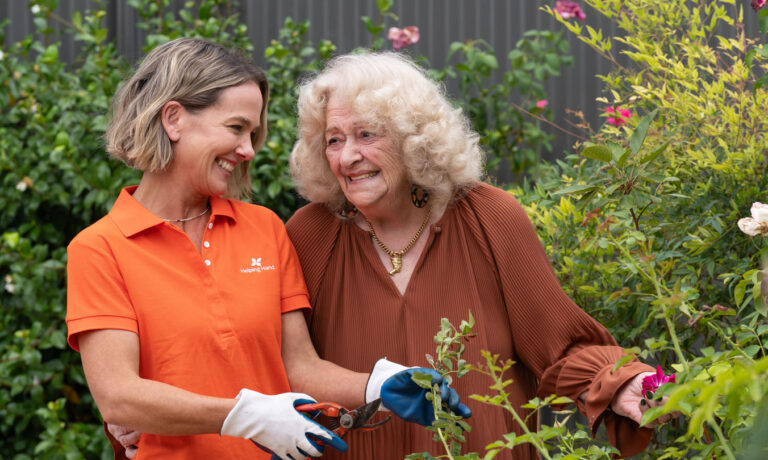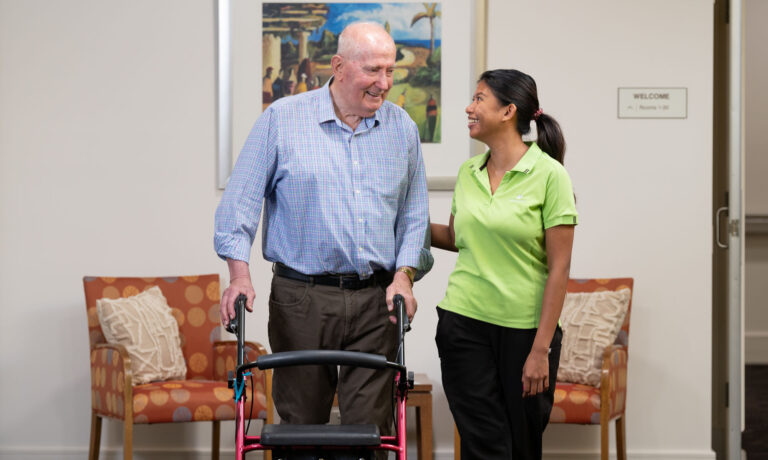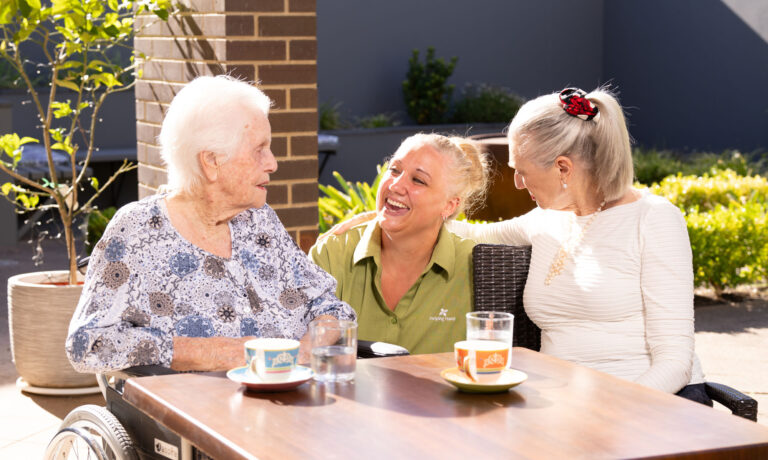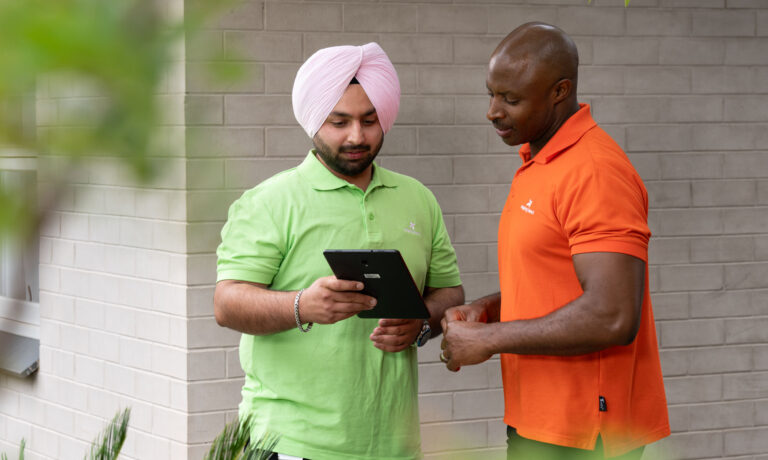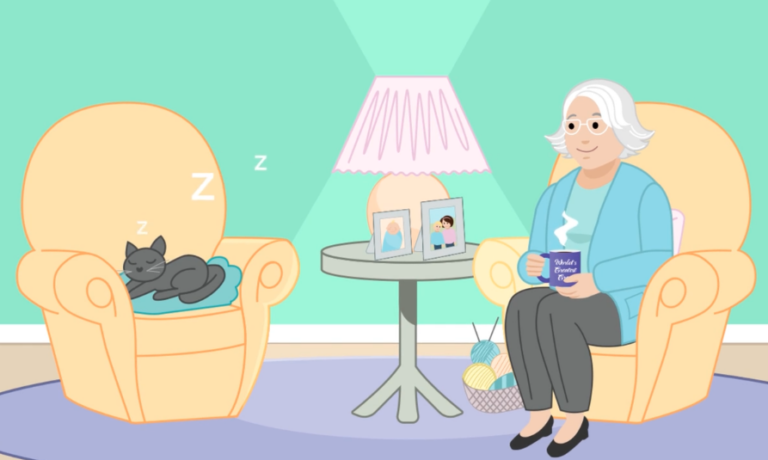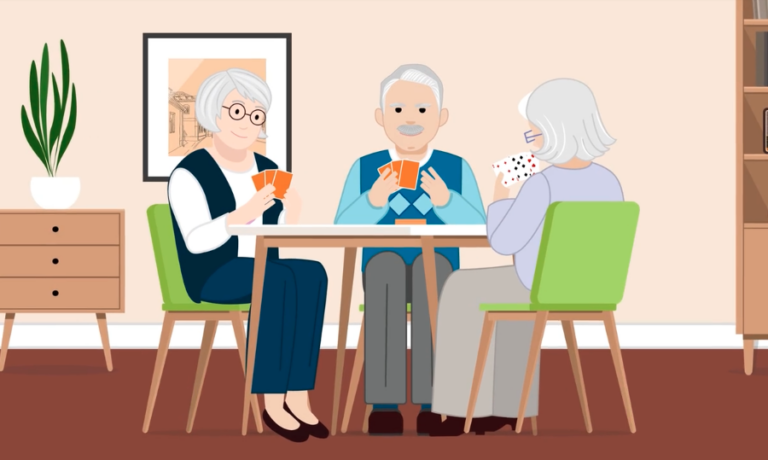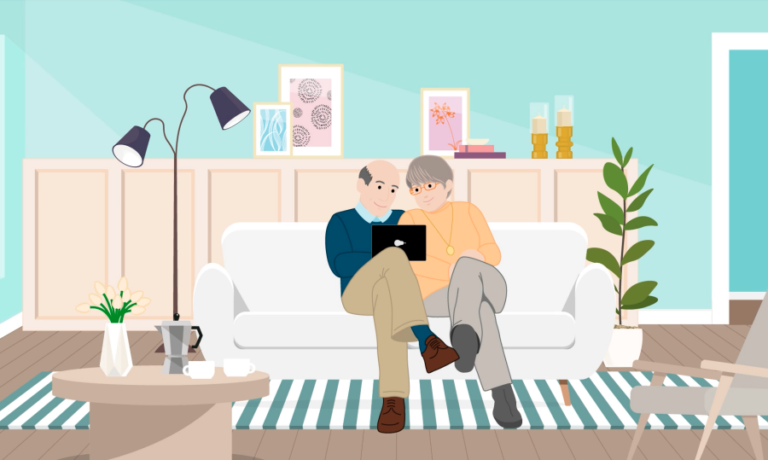
- Help at Home
- Retirement Living
- Residential Care
- Careers
- Advice
Help at Home
We understand that people feel comfortable in their own home, maintaining their independence. We offer a range of services across metropolitan Adelaide and beyond so you can stay at home doing the things you love.
See Help at HomeNeed some more advice?
If you’ve got more questions about Help at Home, we’ve got answers.
See adviceRetirement Living
In our retirement living units you’ll have more time to enjoy doing the things you love without the maintenance of looking after a big home and garden.
See Retirement LivingNeed some more advice?
Is Retirement Living right for you? Get some extra advice from Helping Hand.
See adviceResidential Care
Our care homes offer a comfortable, safe and homelike environment with activities and care individually tailored to suit the needs and wants of our residents.
See Residential CareNeed some more advice?
Is Residential Care right for you? Get some extra advice from Helping Hand.
See adviceCareers
Aged Care is so important. Some people forget that. You don’t and neither do we. Join our team and be part of something bigger. Together we’re there to care and here for good.
See CareersWhy work with us?
Do you want to join the Helping Hand team and make a difference?
See job vacancies- Help at Home
- Retirement Living
- Residential Care
- Careers
- Advice
Help at Home
We understand that people feel comfortable in their own home, maintaining their independence. We offer a range of services across metropolitan Adelaide and beyond so you can stay at home doing the things you love.
See Help at HomeNeed some more advice?
If you’ve got more questions about Help at Home, we’ve got answers.
See adviceRetirement Living
In our retirement living units you’ll have more time to enjoy doing the things you love without the maintenance of looking after a big home and garden.
See Retirement LivingNeed some more advice?
Is Retirement Living right for you? Get some extra advice from Helping Hand.
See adviceResidential Care
Our care homes offer a comfortable, safe and homelike environment with activities and care individually tailored to suit the needs and wants of our residents.
See Residential CareNeed some more advice?
Is Residential Care right for you? Get some extra advice from Helping Hand.
See adviceCareers
Aged Care is so important. Some people forget that. You don’t and neither do we. Join our team and be part of something bigger. Together we’re there to care and here for good.
See CareersWhy work with us?
Do you want to join the Helping Hand team and make a difference?
See job vacancies- Help at Home
- Retirement Living
- Residential Care
- Careers
- Advice
- Help at Home
- Retirement Living
- Residential Care
- Careers
- Advice
Help at Home
We understand that people feel comfortable in their own home, maintaining their independence. We offer a range of services across metropolitan Adelaide and beyond so you can stay at home doing the things you love.
See Help at HomeNeed some more advice?
If you’ve got more questions about Help at Home, we’ve got answers.
See adviceRetirement Living
In our retirement living units you’ll have more time to enjoy doing the things you love without the maintenance of looking after a big home and garden.
See Retirement LivingNeed some more advice?
Is Retirement Living right for you? Get some extra advice from Helping Hand.
See adviceResidential Care
Our care homes offer a comfortable, safe and homelike environment with activities and care individually tailored to suit the needs and wants of our residents.
See Residential CareNeed some more advice?
Is Residential Care right for you? Get some extra advice from Helping Hand.
See adviceCareers
Aged Care is so important. Some people forget that. You don’t and neither do we. Join our team and be part of something bigger. Together we’re there to care and here for good.
See CareersWhy work with us?
Do you want to join the Helping Hand team and make a difference?
See job vacancies